What is the Quality of Life Before and After Prostate Cancer?
Cancer is a life-threatening disease that causes abnormal cell growth, disrupting the body’s normal functions. Prostate cancer, which begins in the prostate gland—a small, walnut-shaped organ in males is one of the most common types of cancer among men. Its behaviour can range from slow-growing and indolent to aggressive and rapidly spreading.
If you’re looking for an affordable prostate cancer treatment, India is the best option due to its availability of state-of-the-art medical facilities, experienced prostate cancer specialists, and advanced treatment. These factors have made India a destination of choice for international patients seeking quality care at an affordable cost. While the costs may vary depending upon the treatment type, hospital, and additional expenses like diagnostics and medications, quality care is provided to ensure a promising future for the patient after prostate cancer treatment. But the real question is, can a diagnosis of prostate cancer, coupled with proper treatment, redefine the life of a patient? Let’s learn the answer in this blog.
What is the Quality of Life Before Prostate Cancer Treatment?
Life with prostate cancer can be complicated, filled with symptoms that disrupt daily life, relationships, and overall well-being. From painful ejaculation to frequent urination, the debilitating symptoms can make everyday life challenging, affecting intimate relationships and causing frustration and embarrassment. The early stages of prostate cancer may have no symptoms. But as the tumour grows and spreads to the nearby organs and tissues, it becomes deadly. Some of the symptoms that affect the quality of life of a patient with prostate cancer are:
- Dull pain in the lower pelvic zone
- Blood in the urine
- Frequent need to pass urine
- Trouble passing urine, pain, burning or weak urine flow
- Pain in the lower back, hips or upper thighs
- Loss of hunger
- Painful ejaculation
- Loss of weight
- Bone pain
What Are the Options for Prostate Cancer Treatment in India?
Receiving a prostate cancer diagnosis prompts important decisions about treatment options and their potential impact on your future health. To make an informed decision, it is important to understand the survival rates and possible side effects associated with different prostate cancer treatment methods. These side effects can have a significant impact on your quality of life both during and after prostate cancer treatment.
Before starting any treatment, you'll undergo a series of tests, including prostate cancer screenings, blood tests, biopsies, imaging, and grading assessments. These tests help identify the extent of the cancer and clear all concerns that could affect the success of the chosen treatment method.
India offers a range of advanced prostate cancer treatment options, making sure that patients have access to world-class treatments and advanced technology. Let's dive into some of these treatments and the results which you can expect from them:
■ Prostate Cancer Diagnosis
Prostate cancer usually grows slowly, which means that doctors often take a cautious approach when diagnosing and monitoring the condition. To assess whether the cancer is growing or spreading, your doctor may recommend several prostate cancer screening tests, including blood tests, a possible MRI, and a biopsy to evaluate your PSA (Prostate-Specific Antigen) levels.
In some cases, men might not need immediate treatment, especially if the cancer is slow-growing and hasn’t spread. Instead, doctors may suggest active surveillance or watchful waiting. This strategy involves closely monitoring the cancer over time through regular tests and check-ups without administering treatment right away. The goal is to track the cancer’s progress and intervene only if necessary, based on any signs of growth or change.
■ Surgery for Prostate Cancer
Radical prostatectomy is the surgical removal of the prostate that is performed using minimally invasive robotic surgery, resulting in smaller incisions, less blood loss, and faster recovery. This procedure usually requires an overnight hospital stay, and patients may need to wear a catheter for about a week. The surgeons in India are among the world's most skilled and experienced in surgery for prostate cancer, offering patients the best possible life after prostate cancer treatment.
■ Radiation therapy
Radiation treatment for prostate cancer, alongside surgery, is one of the most common primary treatments for prostate cancer. It uses high-energy beams to target and destroy cancerous cells. Depending on the specific characteristics of your cancer—such as its risk group and whether it has spread beyond the prostate—your doctor can recommend either external beam radiation or brachytherapy for prostate cancer.
External beam radiation involves directing focused radiation from outside the body to the tumor, while brachytherapy involves placing radioactive seeds directly into the prostate. Radiation therapy can be a highly effective alternative to surgery, offering better urinary control and fewer complications.
■ Hormone Therapy
Most prostate cancers are hormone-sensitive, meaning that the male hormone testosterone can stimulate tumour growth. Doctors often recommend hormonal therapy for patients whose cancer has spread to other organs or for those with high-risk, localised prostate cancer. This treatment, also known as androgen deprivation therapy (ADT), works by blocking or reducing the levels of testosterone in the body, thereby slowing or stopping the cancer’s growth.
While hormone therapy can be highly effective, it may come with side effects. These can include fatigue, hot flashes, and changes in mood or libido. However, regular exercise during and after treatment can reduce some of these side effects and improve the quality of life for patients undergoing hormone therapy.
■ Chemotherapy
The chemotherapy treatment uses powerful drugs to target and kill fast-growing cancer cells by preventing their growth or permanently stopping their spread. For prostate cancer, chemotherapy is typically recommended for patients with high-risk disease or for those whose cancer has recurred or metastasised.
Chemotherapy can be administered either orally or through injections into a vein or muscle. In some cases, especially when dealing with advanced prostate cancer, chemotherapy can also be delivered directly into the cerebrospinal fluid, an organ, or a body cavity, such as the abdomen. This allows the drugs to directly target affected areas and improve the treatment’s effectiveness in advanced stages of cancer.
■ High-intensity focused ultrasound (HIFU)
High-Intensity Focused Ultrasound is a non-invasive cancer treatment option that uses focused ultrasound waves to generate heat, which destroys the cancerous tissue in the prostate. One of the key benefits of the HIFU technique is that it can help preserve both urinary and sexual function after prostate cancer treatment, making it a better alternative option for many patients.
Doctors typically recommend HIFU for patients with early-stage prostate cancer who have a low to intermediate risk of the cancer spreading. The procedure is most effective when the tumour is clearly visible on an MRI and is confined to the prostate, with the cancer cells still contained within the prostate gland. When these conditions are met, HIFU can offer a high success rate for treating prostate cancer while minimising the damage done to surrounding tissues.
What is the Quality of Life After Prostate Cancer Treatment?
The prostate cancer treatment will relieve you of all the prostate cancer symptoms and side effects. After prostate cancer treatment, many patients experience positive changes in their quality of life. Here are some of the changes you may notice:
- Improved urinary control: One of the most significant changes is the reduction in urinary symptoms like frequent urination, urgency, and difficulty starting urination, which leads to a better quality of life.
- Physical Recovery: You will also experience a sense of relief from cancer-related problems with prostate cancer surgery recovery time. As you recover, you can often resume normal activities and, with careful planning, even find renewed focus on your health, leading to lifestyle changes that better your well-being.
- Return to normal activities: After prostate cancer treatment, most patients return to their regular daily activities easily, like work, exercise, and social engagements, within a few weeks to months post-surgery.
Choosing surgery or other treatments for prostate cancer can help eliminate the symptoms that disrupt your daily life and pose a threat to your health. After prostate cancer treatment, lifestyle changes and self-care are important for maintaining both physical and emotional well-being and helping a patient live a life free from the painful effects of the disease.
The Bottom Line: What is the Quality of Life Before and After Prostate Cancer Treatment?
The quality of life before and after prostate cancer treatment can vary depending on the stage of the cancer, the treatment method, and the patient’s health. Before treatment, prostate cancer can cause a negative effect on a patient’s life with symptoms like urinary problems and anxiety about the future. However, after prostate cancer treatment these symptoms will improve, and the patient will experience a better quality of life. However, successful recovery depends not only on the treatment itself but also on a patient’s post-treatment care, including lifestyle changes, emotional support, and self-care.
Why India for Prostate Cancer Treatment?
For those wanting high-quality prostate cancer treatment, India stands out as one of the best countries. With its state-of-the-art clinics, highly qualified doctors, and advanced treatment options, India provides world-class treatment at an affordable cost. The combination of advanced technology and patient-centric care makes India an ideal choice for both domestic and international patients wanting quality and affordable prostate cancer treatment.












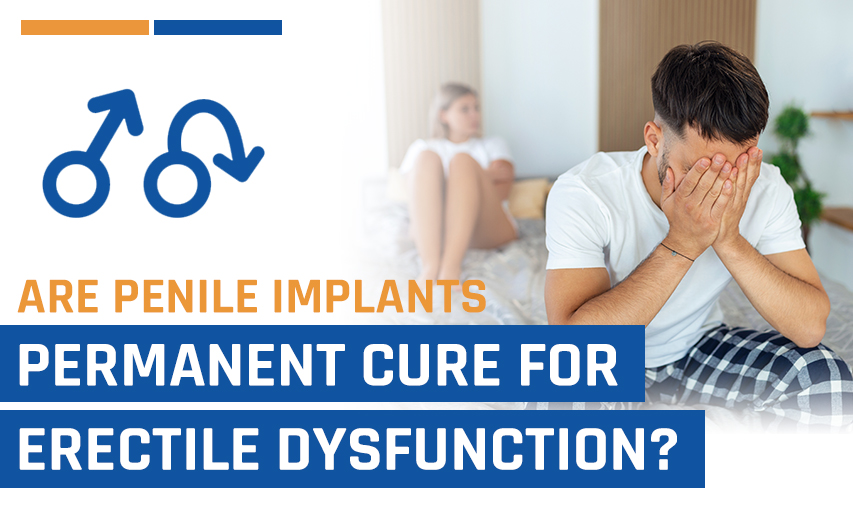
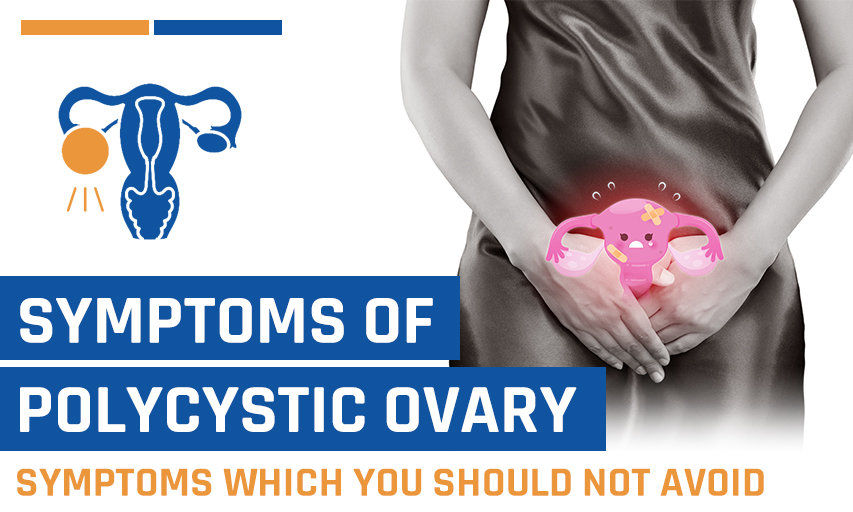
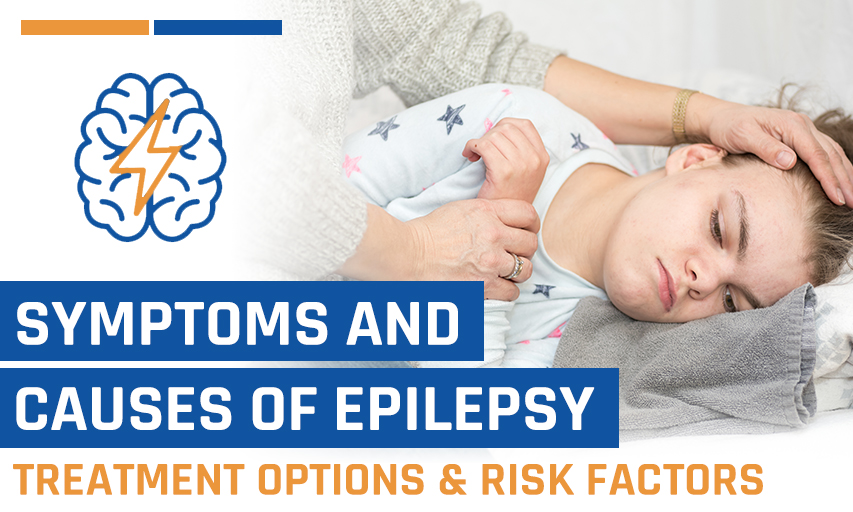
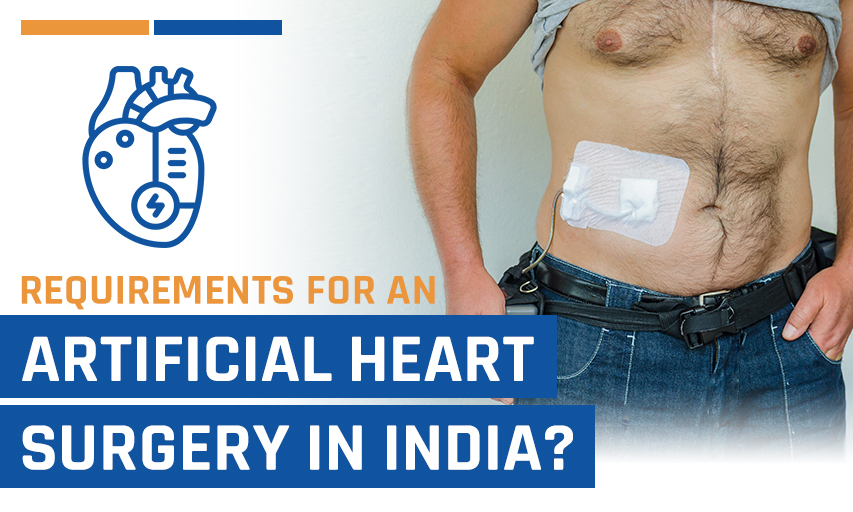
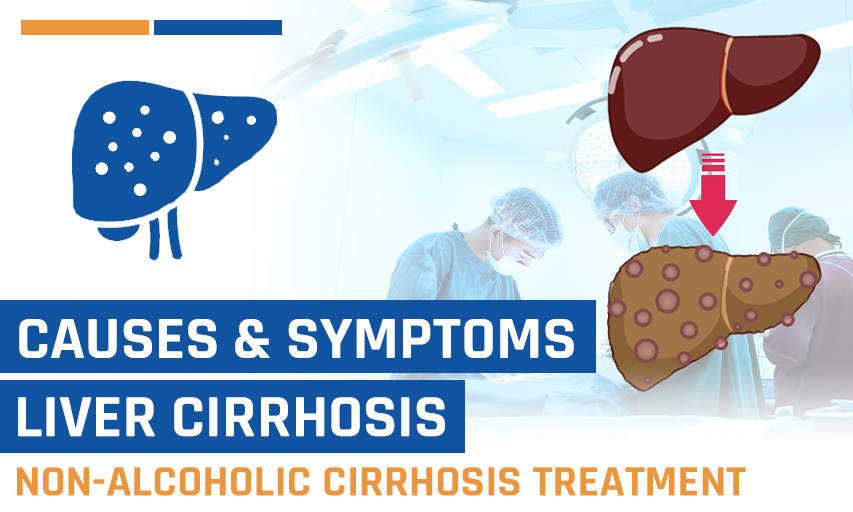
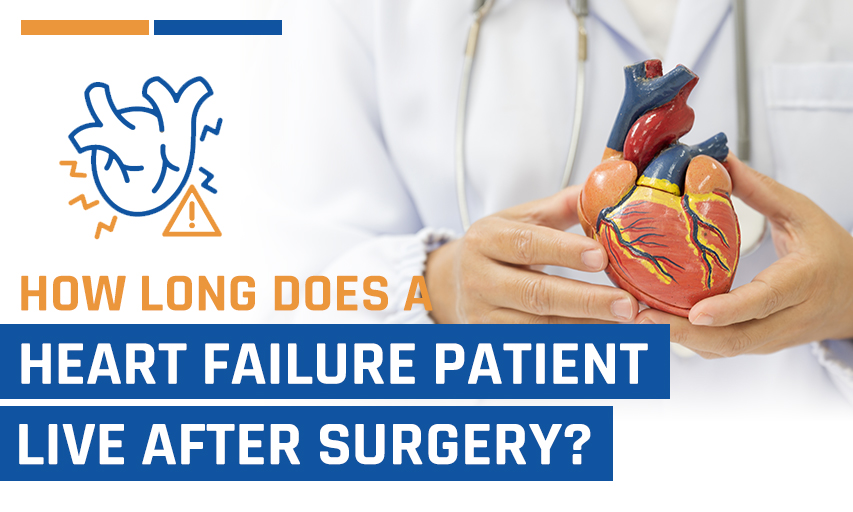


Be First To Comment
Leave a Comment